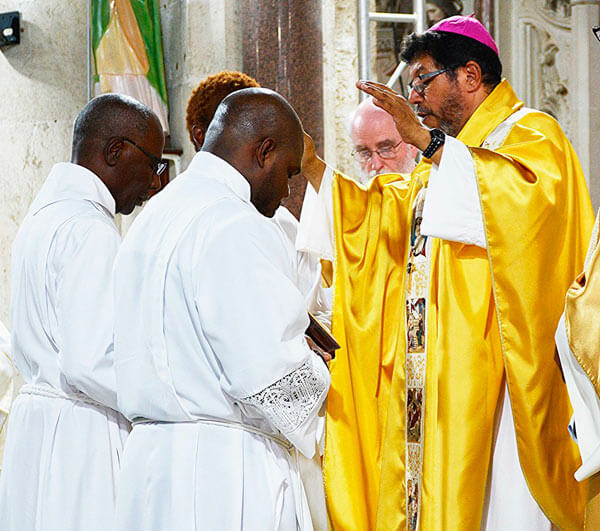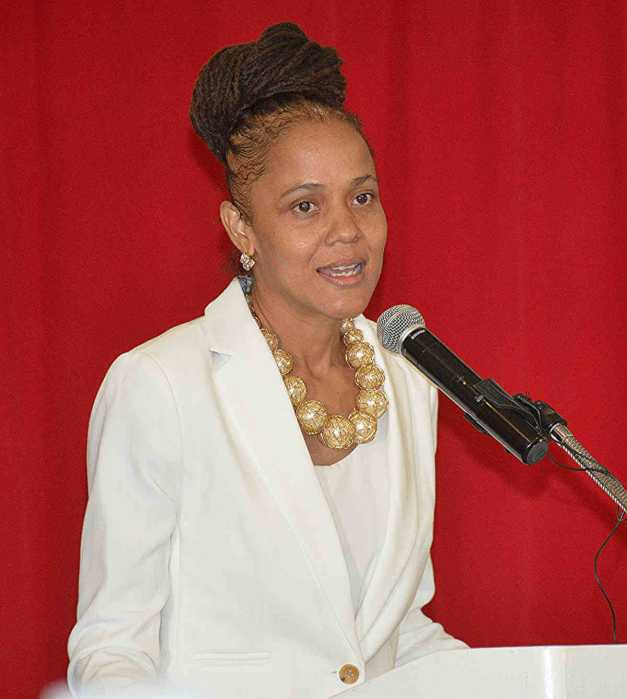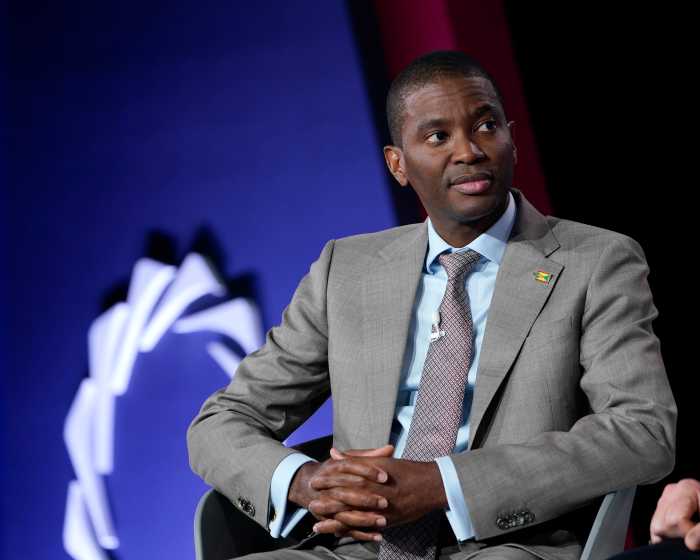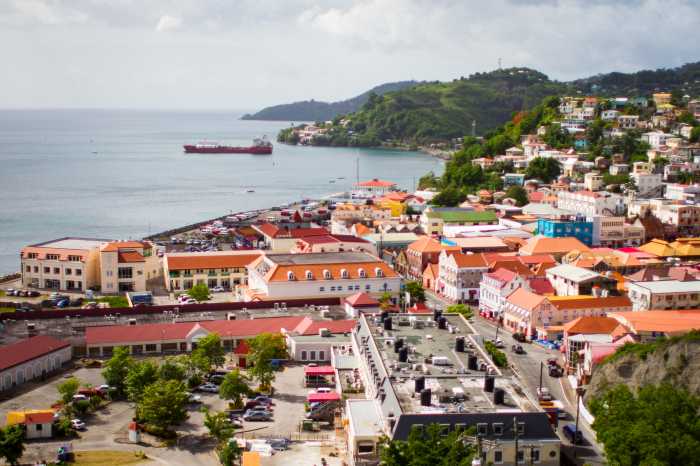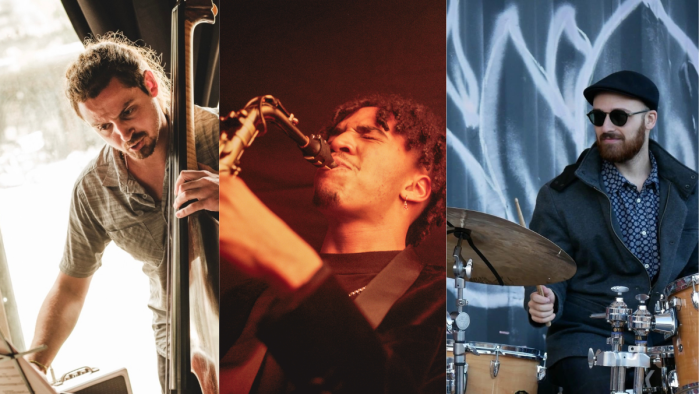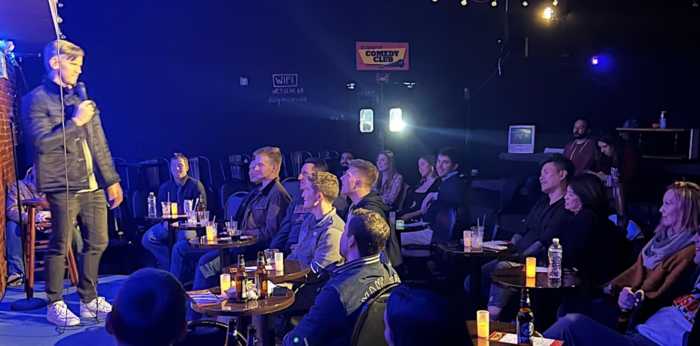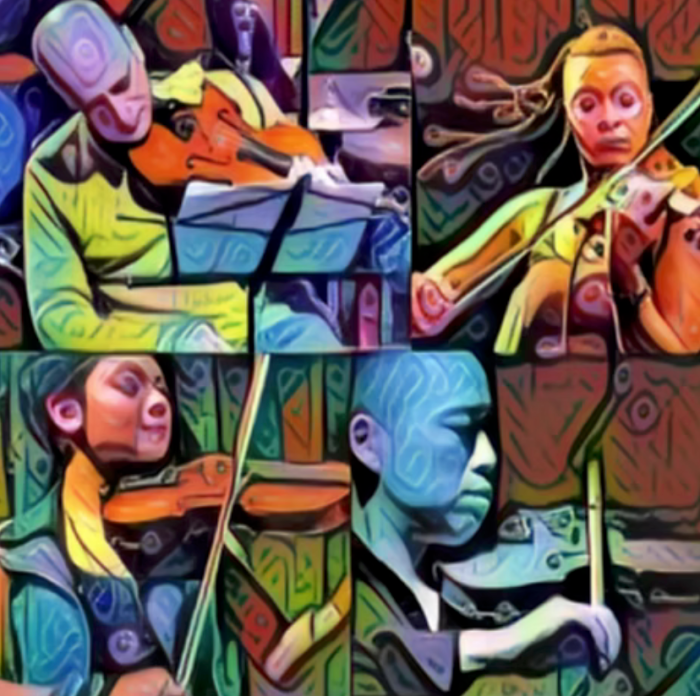Two Barbadians, Winston Layne and Kirt Prospere, were ordinated at St. Patrick’s Cathedral as ‘transitional deacons’, marking the first time in over four decades that persons from Barbados had been consecrated and set on their way towards becoming ordained ministers of the Catholic Church.
The second unusual event registered by this ceremony is that one of the transitional deacons, Winston Layne, had crossed over from being an Anglican priest, and through his vows this week, will soon attain similar status within the Catholic denomination.
The third uncommon occurrence again centres on Layne who is married.
While Anglican priests are allowed to be married, Catholics of similar status are prohibited from having such unions. But marriage among Catholics is permitted through special privilege of the Vatican.
Layne’s ordination Tuesday made him the only Barbadian since Father Leslie Lett in 1998 to convert from the Anglican priesthood to Catholicism to serve as a deacon and as a married man.
“Winston [Layne] has found his vocation through a very long journey. Having said yes to God as an Anglican priest and serving as an Anglican priest for many years,” observed Bishop of Bridgetown, Charles Gordon, who presided over the ceremony at St. Patrick’s Cathedral.
“For Winston we’ve had to ask special dispensation because clerical discipline is that anyone that will become a priest needs to be a celibate,” continued Bishop Gordon. “We’ve received from Rome special dispensation for him to become a priest within the Catholic Church and as a married man.”
“The Catholic Church has always had married priests… They reside in the eastern right of the Catholic Church,” explained Gordon as he proceeded to identify two currently serving deacons in Barbados who he said are married.
Besides the rarity of Layne’s transition, the two Barbadian men, who prostrated themselves before the altar in their consecration, broke a four decades old drought of such persons from Barbados volunteering themselves into service of their God through the Catholic Church.
“What we are witnessing today is an historic moment, because as these two men step forward they are breaking a cycle in our church that should never be repeated,” said Bishop Gordon.
“This is the first time that we are ordaining men to the transitional deacon in 44 or 43 years … Monsignor [Blackett] was the last Barbadian to be ordained for the diocese as a deacon, as a transitional deacon 40-something years ago.”
The apparent unwillingness of Barbadians to offer up themselves to serve is the reason the island continues to receive suffragan Bishop appointees from the Archdiocese of Port of Spain, though the Diocese of Bridgetown was established since 1970.
“We’ve had many priests serve us in Barbados over the years,” said Gordon as he pointed out that some among those currently serving in Barbados hail from the UK, Poland, US, Kenya, Dominica, St. Vincent and the Grenadines, and Trinidad and Tobago.
“We have a bishop here from Trinidad, and one day we will have a bishop from Barbados,” added Gordon, a Trinidadian who served as bishop of Bridgetown since 2011 and within weeks will be departing Barbados bound for his homeland to where he has been re-assigned.
He said of the non-Barbadian Catholic leaders, “they are part of our church and parcel of this life of ours, [but] we still need to find the men and women of this land who will be willing to say yes to Christ, and until we can, in a regular enough way, the church will always be a missionary church. And she will not be a church that stands on her own two feet as an adult member of the catholic family”.
He lamented Bridgetown’s continued status under Port of Spain.
“We still need to find the men and women of this land who will be willing to say yes to Christ, and until we can, in a regular enough way, the [Barbados] church will always be a missionary church. And she will not be church that stands on her own two feet as an adult member of the Catholic family,” he said.



